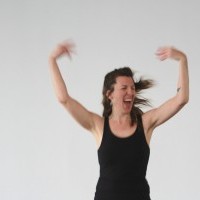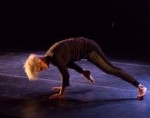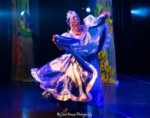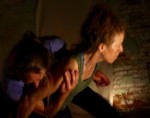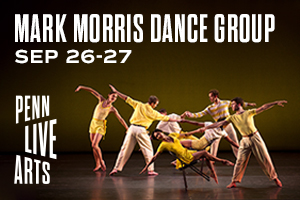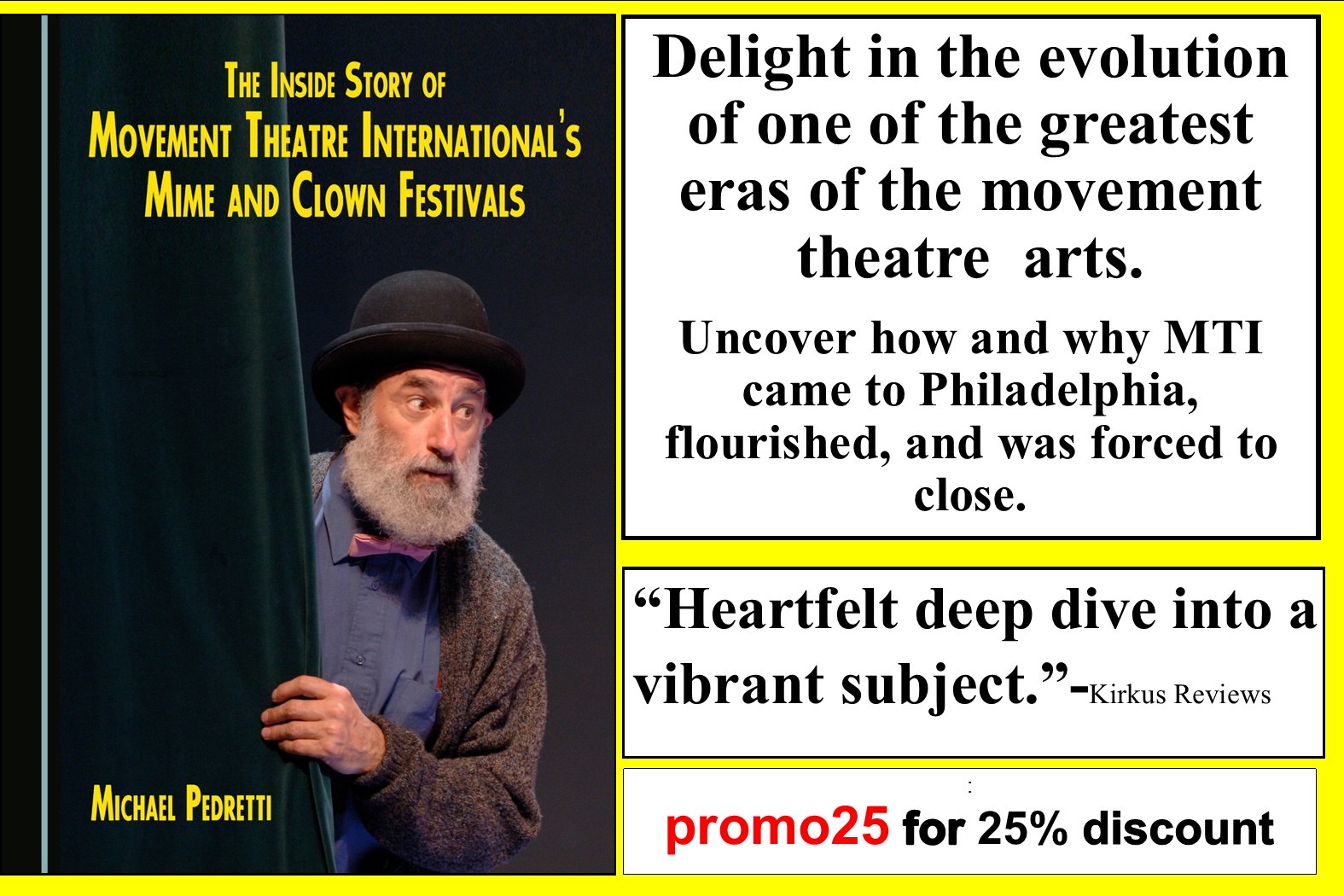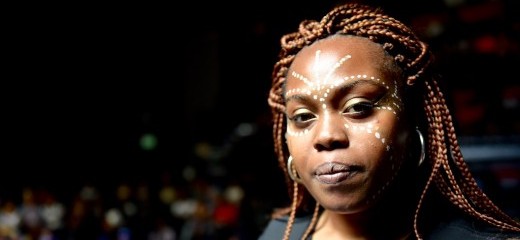
In Honor of Black Girl Magic: A Curated Salon at The Colored Girls Museum Festival
by Janna Meiring
“Sanctified. This space is now sanctified.” A grounded voice rose up through a collective pause from excited rustling and shuffling. The energy of the room was palpable, and urgent.
I entered at the top of the balcony at FringeArts just as the performances were about to begin, seeking out a spot in a full house as introductions were made. I entered this space timidly, aware of my whiteness, aware of my own trappings and blindspots, but eager. All of this rustling was brought into still presence as Vashti Dubois, the executive director of The Colored Girls Museum, declared it to be—now—a sanctuary. We were here for a sacred purpose—to lift up and witness the magical voice of young black girls, and women who once were young black girls, to honor their experience.
The Colored Girls Museum Festival began at 2pm at the FringeArts building with a Marketplace featuring arts and wares by local artists and areas for kids to enjoy crafts, storytelling, and songs. At 5pm, a curated performance showcase began with poets Nikki Powerhouse and Jasmine Combs, and musicians Maritri and M'Balia Singley, and ended with Shelley Nicole's funk/rock/soul band BlaKbüshe.
Powerhouse, a performance artist who wore a vibrant blue dress with a golden crescent moon hanging from one ear initiated us into this two-hour celebration of “black girl magic.” She began beneath two large windows to the left of a small, raised stage packed with instruments. She began only with breath, then rhythmic breath, then a single sweeping arm gesture, stomping her bare feet on the marley, movement giving way to guttural expressions. It was as if a great force was rising up, moving her body across the floor between audience and stage. There was no need for a mic. The words were not to be spoken, but called up through a quaking urgency in the body. She spoke of “This Bitter Earth,” and the ancestors pleading for her (for all black girls) to “remember your first name” which is “I AM.” The crowd hummed and yesssed and uh-huuuhed and mhm’ed. “Your first name is I AM, your last name is Brilliant. Your first name is I AM, your last name is Powerful.” I felt the force and gravity hitting the skin, then through to the ribs, to the heart, and deeper. I was not here just to listen and see—I was here to listen and see with my own roots, with my own ancestry to the truths of these roots and these ancestries.
Each artist flowed onto the stage casually after a brief introduction, and all hung around after each performance in the wings or in the audience, nodding and affirming. Musician M'Balia Singley, alone with a guitar, layered delight and humor in classic singer-songwriter form. Then a young poet with age-old wounds, Jasmine Combs, talked of hope escaping her, of her absence of energy while some are able to rise up and protest. Just breathing is her rebellion. When she said this, I felt my own breath, and my own experience of inaction, of immobility.
Later, Combs’s words were echoed by a fiery Shelly Nicole as she sang. Dressed in white, her body throbbed with the music: hers was a call for agency and action. I was reminded by her song “Stop Playing Politix with my Punani,” that our bodies are always political. In between songs, she spoke: “Support. Support artists, support each other. Trauma is hitting at all sides, how do we find hope? Recognize that you are on the ground. Then you can get up.” Her next song was about doing just that.
The experiences of black girls and women are always relevant, but they are not always heard. It is necessary to create sacred space for these stories, and necessary that we listen closely. As a society, we have been in a pattern of devaluing for too long, maintaining the blindness that perpetuates brutality against People of Color. Through this event of shared vulnerability, power, tenderness, ferocity, and love, there was a measure of healing that can only be accomplished in sacred space. It is an honor and responsibility to celebrate these voices, and the first step is truly listening.
The Colored Girls Museum will present A Good Nights Sleep, a multi-disciplinary salon series at the FringeArts Festival this year—September 9th, 10th, 16th and 17th at 8pm, and September 11th and 18th at 12pm. The curated exhibits, performances, stories, and artifacts will examine sleep as "sacred/healing space." The Colored Girls Museum is a House Museum located in Historic Germantown Philadelphia that documents and shares the stories and artifacts of “ordinary colored girls.” You can find out more at www.thecoloredgirlsmuseum.com.
By Janna Meiring
July 17, 2016

